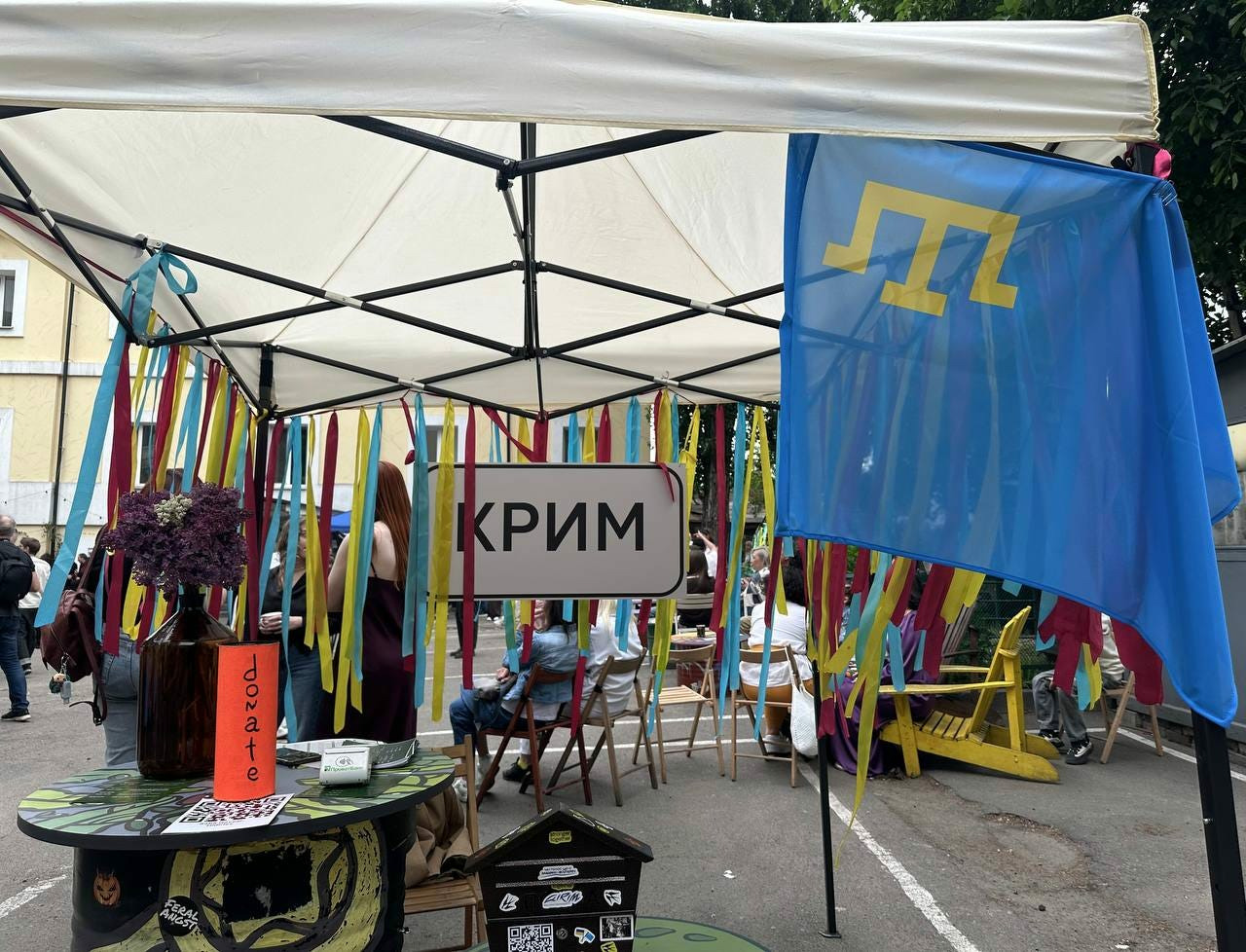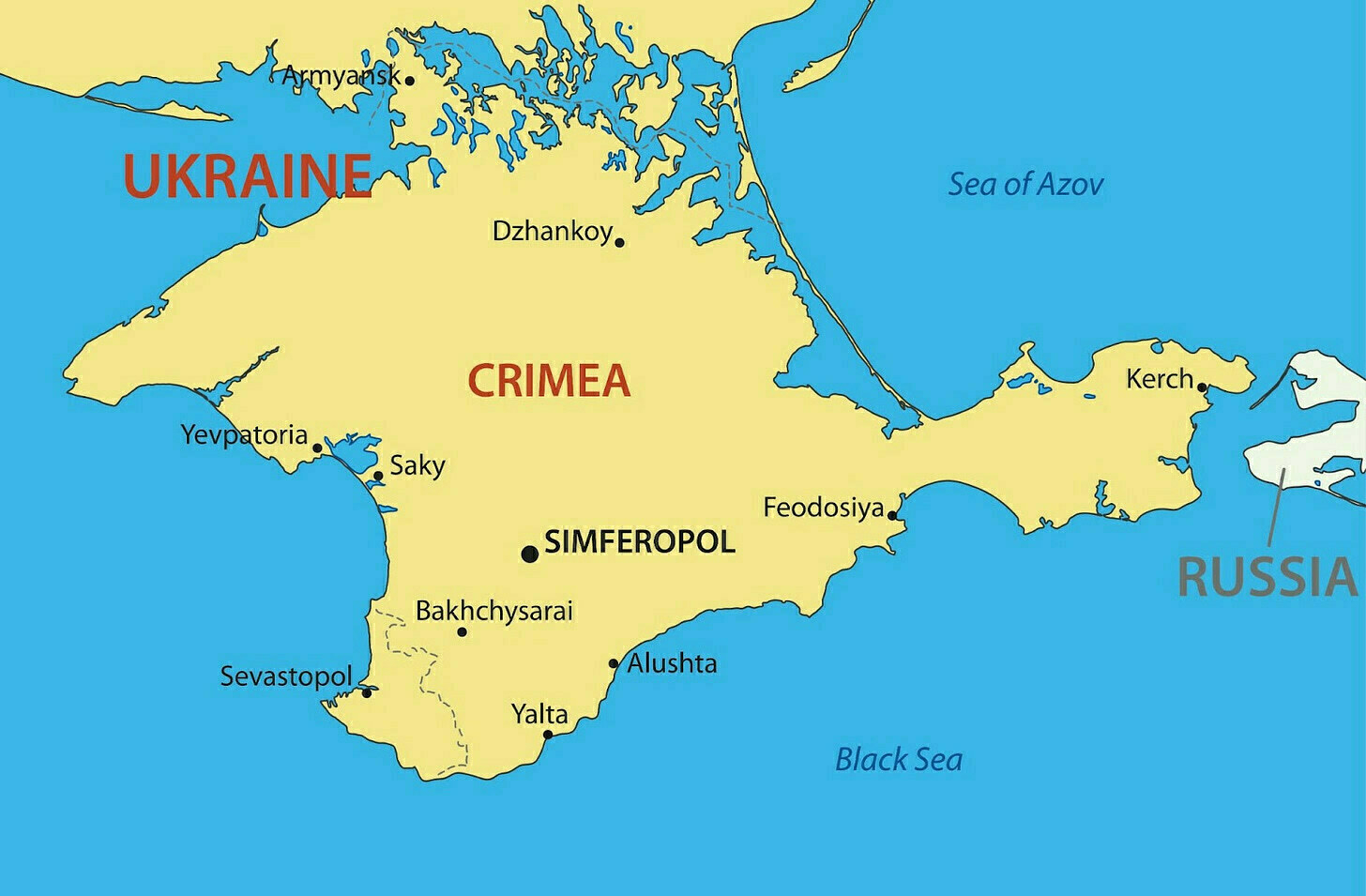Editor’s Note: Negotiations between Ukraine and Russia may begin this Thursday.
We’re following every step of it.
But our journalism goes beyond analysis – we report from the ground, sharing powerful human stories behind global events and delivering fresh insights in every edition.
Help us keep doing this vital work. Upgrade your subscription today.

Turning into a small, inconspicuous courtyard in the center of Kyiv this week, I was filled with joy as I saw a sign that said "Crimea," alongside a Crimean flag in Ukrainian colours.
There, in the heart of bustling Kyiv, I felt something within me calm down. I felt at home, even though I'm not a Crimean Tatar.
At the entrance to the Hederlez event, the Tatars greeted me with smiles and hugs. Hederlez is a Crimean festival that marks the end of spring and the arrival of summer.
For Crimean Tatars, the holiday is more than just a seasonal event — it’s a symbol of resilience and identity. In exile in Uzbekistan after Stalin’s 1944 deportation, Crimeans gathered together during Hederlez to dream of going home. That dream finally came true in modern independent Ukraine. But it lasted only briefly, as Russia occupied Crimea in 2014.
And this year, Donald Trump’s support of the Russian occupation has echoed like a final blow.
"Crimea will stay with Russia," Trump told Time magazine last month. When Trump envoy Steve Witkoff provided European officials with a plan to end the war, it included American recognition of Russia's control of Crimea.
Yet, even now, Crimean Tatars refuse to surrender. Dispersed across the occupied peninsula, mainland Ukraine, and the front lines, they commemorate Hederlez as a silent act of resistance.
It is their way of preserving their culture, language, and connection with one another.
Their story is not just about one people, but about what it means to lose a homeland twice – and continue the struggle.
And I felt lucky when they let me tag along for the experience.
After the paywall:
Why Crimea is important to Yelyzaveta
Crimean Tatar coffee brewing traditions and what Hederlez celebrations involve
What Crimean Tatars think about Trump's statements on the peninsula
How and why the Soviet government deported Crimean Tatars


